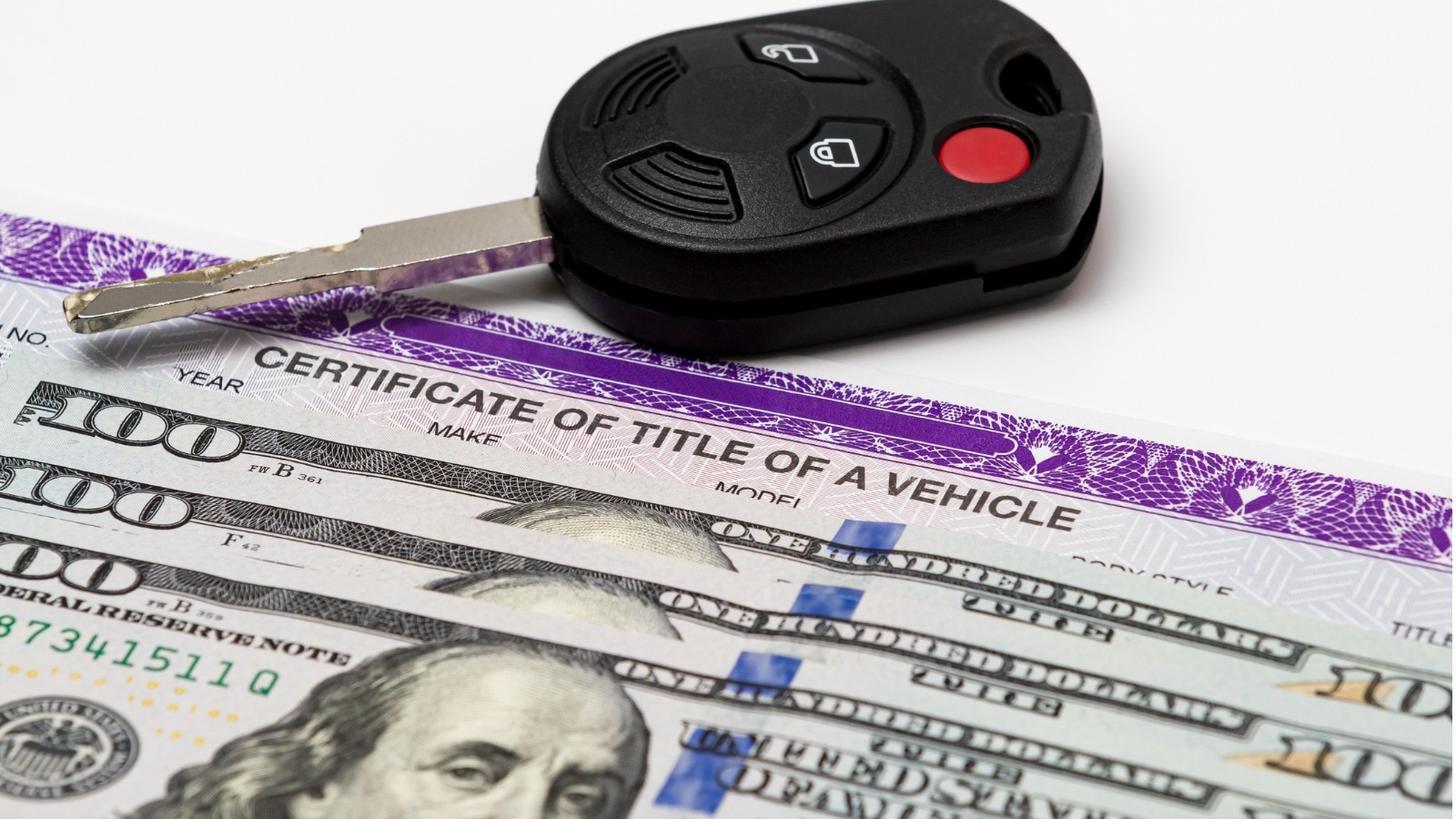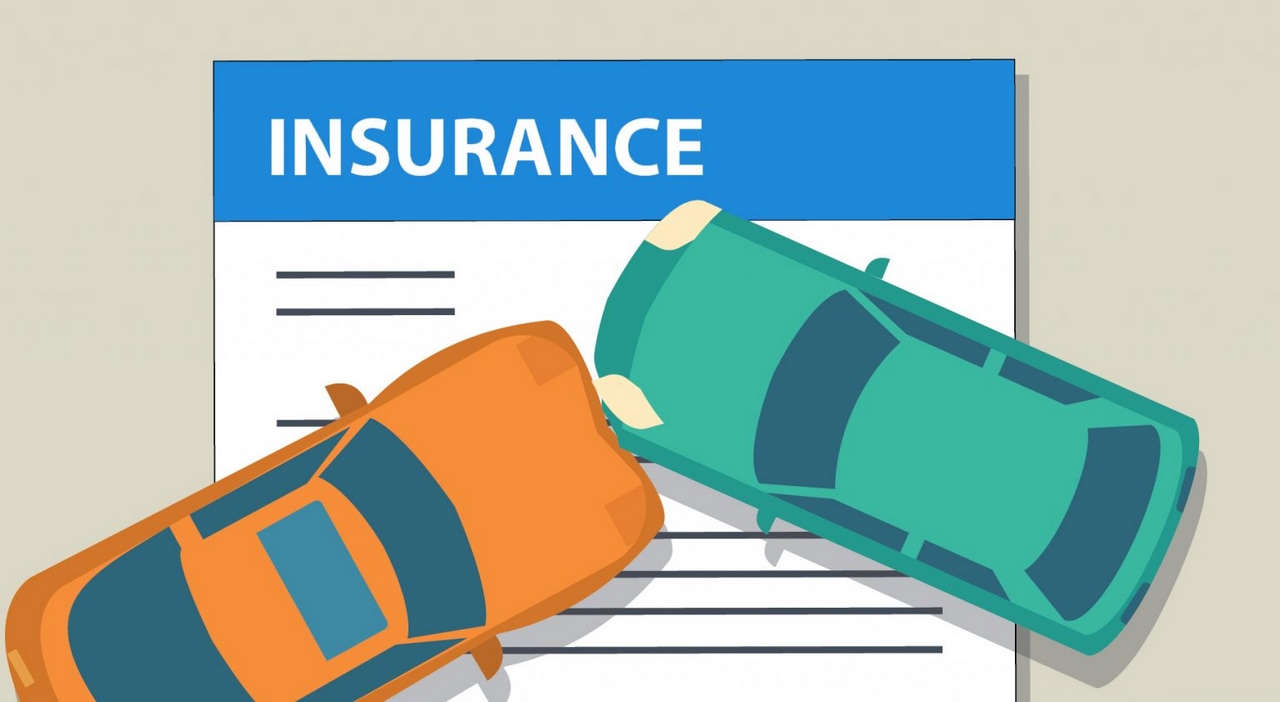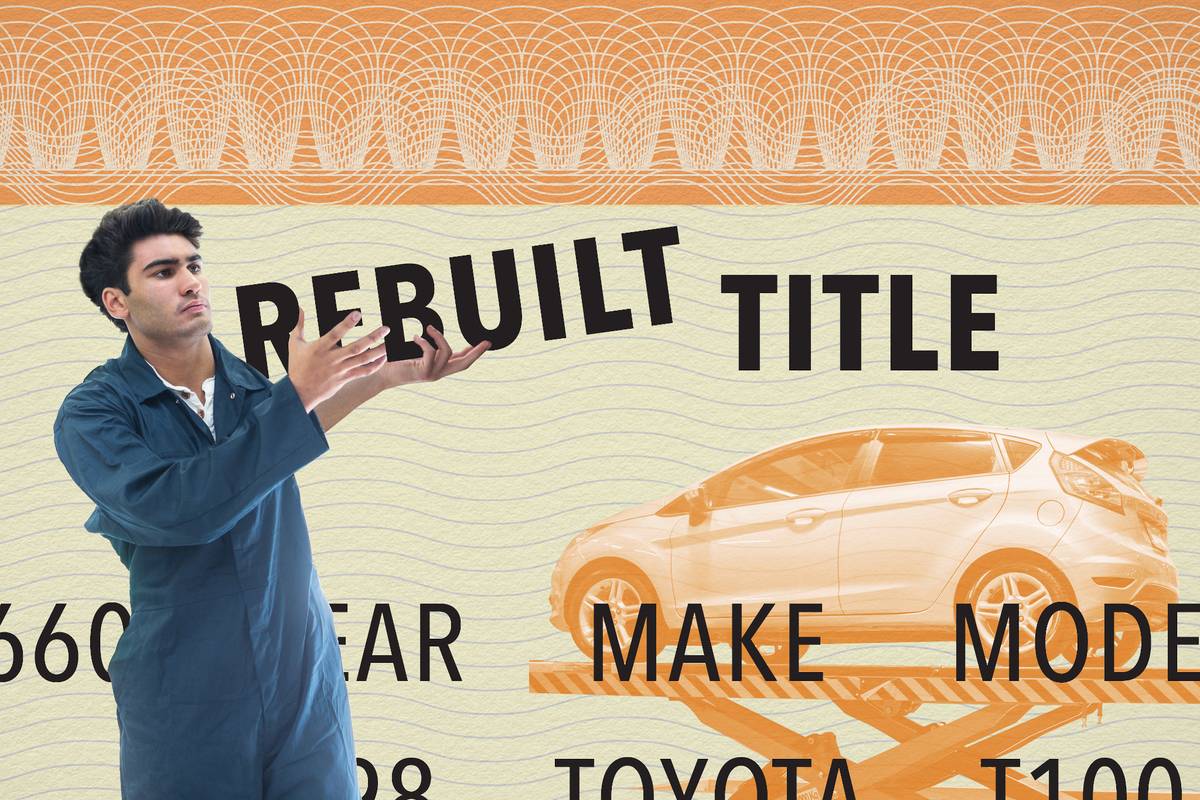Understanding the Risks and Benefits of Rebuilt Title Vehicles
A rebuilt title car is a vehicle that has been previously damaged, typically in an accident, and has undergone significant repairs to restore it to a roadworthy condition. While rebuilt title cars can offer significant cost savings, they may also come with hidden problems that can affect their safety, reliability, and resale value. When considering whether to buy a car with a rebuilt title, it’s essential to weigh the pros and cons carefully.
One of the primary benefits of rebuilt title cars is their lower purchase price. Since these vehicles have been previously damaged, their value is typically lower than that of a similar car with a clean title. Additionally, insurance costs for rebuilt title cars are often lower, which can result in significant savings over time. However, it’s crucial to consider the potential risks associated with rebuilt title cars, including the possibility of hidden damage or poor repairs.
For example, a car that has been in a severe accident may have undergone repairs that are not immediately apparent. In some cases, the damage may be so extensive that it’s not possible to restore the vehicle to its original condition. This can lead to safety concerns, as well as potential mechanical issues down the road. Furthermore, rebuilt title cars may be more difficult to finance and insure, which can limit their appeal to some buyers.
Despite these risks, many rebuilt title cars are safe and reliable. In fact, some rebuilt title cars may have undergone more extensive repairs than others, resulting in a vehicle that is actually more reliable than a similar car with a clean title. However, it’s essential to approach the purchase of a rebuilt title car with caution and thoroughly research the vehicle’s history before making a decision.
So, should you buy a car with a rebuilt title? The answer depends on your individual circumstances and priorities. If you’re looking for a affordable vehicle and are willing to take on some level of risk, a rebuilt title car may be a good option. However, if you’re seeking a car with a clean title and are willing to pay a premium for it, you may want to consider other options.
How to Research a Rebuilt Title Car’s History
When considering purchasing a rebuilt title car, it’s essential to research the vehicle’s history thoroughly. This involves gathering information about the car’s past, including any accidents, repairs, or previous owners. By doing so, you can make an informed decision about whether to buy a car with a rebuilt title.
One of the most effective ways to research a rebuilt title car’s history is to use services like Carfax and AutoCheck. These services provide detailed reports on a vehicle’s history, including any accidents, repairs, or previous owners. By reviewing these reports, you can gain a better understanding of the car’s past and make a more informed decision.
In addition to using services like Carfax and AutoCheck, it’s also important to review the car’s repair estimates and invoices. This can provide valuable information about the extent of any repairs and whether they were done properly. Look for any signs of poor repairs, such as mismatched or missing parts, and be wary of any inconsistencies in the car’s documentation.
Another important step in researching a rebuilt title car’s history is to contact the car’s previous owners or repair shops. This can provide valuable information about the car’s past and any potential issues that may have arisen. Be sure to ask questions about the car’s history, including any accidents or repairs, and take notes on any information that is provided.
When researching a rebuilt title car’s history, it’s also important to be aware of any potential red flags. For example, if the car has been in a severe accident, it may be more likely to have hidden damage or safety issues. Similarly, if the car has had multiple owners or has been repaired multiple times, it may be more likely to have mechanical issues.
By taking the time to research a rebuilt title car’s history, you can make a more informed decision about whether to buy a car with a rebuilt title. Remember to use services like Carfax and AutoCheck, review the car’s repair estimates and invoices, and contact the car’s previous owners or repair shops. By doing so, you can gain a better understanding of the car’s past and make a decision that is right for you.
The Pros and Cons of Buying a Rebuilt Title Car
When considering whether to buy a car with a rebuilt title, it’s essential to weigh the pros and cons carefully. On the one hand, rebuilt title cars can offer significant cost savings, making them an attractive option for budget-conscious buyers. Additionally, insurance costs for rebuilt title cars are often lower, which can result in significant savings over time.
However, there are also potential drawbacks to consider. For example, rebuilt title cars may be more difficult to finance, as lenders may view them as higher-risk investments. Additionally, rebuilt title cars may have lower resale value, making them less desirable to potential buyers in the future. Furthermore, there may be safety concerns associated with rebuilt title cars, particularly if the repairs were not done properly.
Despite these potential drawbacks, many rebuilt title cars are safe and reliable. In fact, some rebuilt title cars may have undergone more extensive repairs than others, resulting in a vehicle that is actually more reliable than a similar car with a clean title. However, it’s crucial to approach the purchase of a rebuilt title car with caution and thoroughly research the vehicle’s history before making a decision.
So, should you buy a car with a rebuilt title? The answer depends on your individual circumstances and priorities. If you’re looking for a affordable vehicle and are willing to take on some level of risk, a rebuilt title car may be a good option. However, if you’re seeking a car with a clean title and are willing to pay a premium for it, you may want to consider other options.
Ultimately, the decision to buy a rebuilt title car should be based on a thorough evaluation of the pros and cons. By carefully considering the potential benefits and drawbacks, you can make an informed decision that is right for you.
Red Flags to Watch Out for When Buying a Rebuilt Title Car
When buying a rebuilt title car, it’s essential to be aware of potential red flags that can indicate a problem with the vehicle. By knowing what to look for, you can avoid buying a car that may have hidden issues or safety concerns.
One common red flag to watch out for is signs of poor repairs. This can include mismatched or missing parts, uneven paintwork, or signs of recent repairs. Additionally, be wary of any inconsistencies in the car’s documentation, such as discrepancies in the vehicle’s history report or missing maintenance records.
Another red flag to watch out for is any signs of neglect or poor maintenance. This can include worn-out tires, dirty or damaged interior, or signs of rust or corrosion. Additionally, be cautious of any unusual noises or vibrations when test-driving the car, as these can indicate underlying mechanical issues.
It’s also important to be aware of any potential safety concerns when buying a rebuilt title car. This can include issues with the car’s airbags, brakes, or other critical safety systems. Be sure to review the car’s safety inspection report and ask the seller about any potential safety concerns.
Furthermore, be wary of any sellers who are unwilling to provide detailed information about the car’s history or repairs. This can be a sign that the seller is hiding something, and it’s best to avoid dealing with them altogether.
By being aware of these potential red flags, you can make a more informed decision when buying a rebuilt title car. Remember to always do your research, inspect the car thoroughly, and ask plenty of questions before making a purchase.
How to Inspect a Rebuilt Title Car Before Buying
Inspecting a rebuilt title car before buying is crucial to ensure that you’re making a well-informed decision. Here’s a step-by-step guide to help you inspect a rebuilt title car:
Step 1: Check for Signs of Damage
Look for any signs of damage, such as dents, scratches, or rust spots. Check the car’s body and frame for any signs of repair or replacement. Make sure to inspect the car’s exterior and interior, including the trunk and engine compartment.
Step 2: Test the Car’s Systems
Test the car’s systems, including the engine, transmission, brakes, and suspension. Take the car for a test drive to ensure that it’s running smoothly and that there are no unusual noises or vibrations.
Step 3: Check for Signs of Neglect or Poor Maintenance
Check for signs of neglect or poor maintenance, such as worn-out tires, dirty or damaged interior, or signs of rust or corrosion. Make sure to inspect the car’s maintenance records and ask the seller about any maintenance or repairs that have been done.
Step 4: Check the Car’s Documentation
Check the car’s documentation, including the title, registration, and any repair estimates or invoices. Make sure that the documentation is in order and that there are no discrepancies or red flags.
Step 5: Get a Vehicle Inspection Report
Consider getting a vehicle inspection report from a reputable mechanic or inspection service. This can provide you with a detailed report on the car’s condition and help you identify any potential issues.
By following these steps, you can ensure that you’re making a well-informed decision when buying a rebuilt title car. Remember to always inspect the car thoroughly and ask plenty of questions before making a purchase.
Rebuilt Title Car Financing and Insurance Options
Financing and insuring a rebuilt title car can be challenging, but there are options available. Here are some tips to help you navigate the process:
Financing Options:
When it comes to financing a rebuilt title car, you may face higher interest rates and stricter loan terms. However, there are lenders that specialize in financing rebuilt title cars. You can also consider working with a credit union or a community bank that may offer more favorable loan terms.
Insurance Options:
Insuring a rebuilt title car can be more expensive than insuring a car with a clean title. However, there are insurance companies that specialize in insuring rebuilt title cars. You can also consider shopping around for quotes from multiple insurance companies to find the best rates.
Tips for Financing and Insuring a Rebuilt Title Car:
Here are some tips to help you finance and insure a rebuilt title car:
1. Research and compare rates: Shop around for quotes from multiple lenders and insurance companies to find the best rates.
2. Consider working with a specialist: Lenders and insurance companies that specialize in rebuilt title cars may offer more favorable terms.
3. Be prepared for higher costs: Financing and insuring a rebuilt title car may be more expensive than financing and insuring a car with a clean title.
4. Read the fine print: Make sure you understand the terms and conditions of your loan and insurance policy before signing.
By following these tips, you can find affordable financing and insurance options for your rebuilt title car. Remember to always do your research and compare rates before making a decision.
Real-Life Examples of Rebuilt Title Cars: Success Stories and Horror Stories
Rebuilt title cars can be a great option for those looking for a affordable vehicle, but it’s essential to be aware of the potential risks and benefits. Here are some real-life examples of rebuilt title cars, including success stories and horror stories:
Success Story: A Rebuilt Title Car Sold at a Profit
A few years ago, a car enthusiast purchased a rebuilt title car, a 2015 Honda Civic, for $10,000. The car had been in an accident and had undergone significant repairs, but it was still in great condition. The enthusiast spent some time and money fixing up the car and eventually sold it for $15,000, making a profit of $5,000.
Horror Story: A Rebuilt Title Car with Hidden Problems
A woman purchased a rebuilt title car, a 2012 Toyota Corolla, for $8,000. The car seemed to be in good condition, but shortly after purchasing it, she started to notice some problems. The car would stall frequently, and the transmission would slip. She took the car to a mechanic, who discovered that the car had been in a severe accident and had undergone poor repairs. The woman ended up spending thousands of dollars to fix the car, and she eventually had to sell it for a loss.
Another Success Story: A Rebuilt Title Car with a Happy Ending
A man purchased a rebuilt title car, a 2018 Ford F-150, for $20,000. The car had been in a minor accident, but it was still in great condition. The man spent some time and money fixing up the car and eventually sold it for $25,000, making a profit of $5,000.
These examples illustrate the potential risks and benefits of purchasing a rebuilt title car. While some rebuilt title cars can be a great option for those looking for a affordable vehicle, others can come with hidden problems. It’s essential to do your research, inspect the car thoroughly, and weigh the pros and cons before making a decision.
Making an Informed Decision: Weighing the Pros and Cons of a Rebuilt Title Car
When considering whether to buy a rebuilt title car, it’s essential to weigh the pros and cons carefully. Here are some key points to consider:
Pros:
Lower purchase prices: Rebuilt title cars can offer significant cost savings compared to cars with clean titles.
Lower insurance costs: Insurance premiums for rebuilt title cars are often lower than for cars with clean titles.
Opportunity for profit: If you’re willing to take on the risks, you can potentially buy a rebuilt title car at a low price and sell it for a profit.
Cons:
Potential safety concerns: Rebuilt title cars may have hidden problems that can affect their safety and reliability.
Difficulty financing: Financing options for rebuilt title cars may be limited, and interest rates may be higher.
Lower resale value: Rebuilt title cars may have lower resale value than cars with clean titles.
To make an informed decision, it’s essential to do your research, inspect the car thoroughly, and weigh the pros and cons carefully. Consider the following:
Research the car’s history: Use services like Carfax and AutoCheck to get a detailed report on the car’s history.
Inspect the car thoroughly: Look for signs of damage, test the car’s systems, and check for any signs of neglect or poor maintenance.
Consider the risks: Think carefully about the potential risks and whether they are worth the potential rewards.
By taking the time to weigh the pros and cons and do your research, you can make an informed decision about whether a rebuilt title car is right for you.






